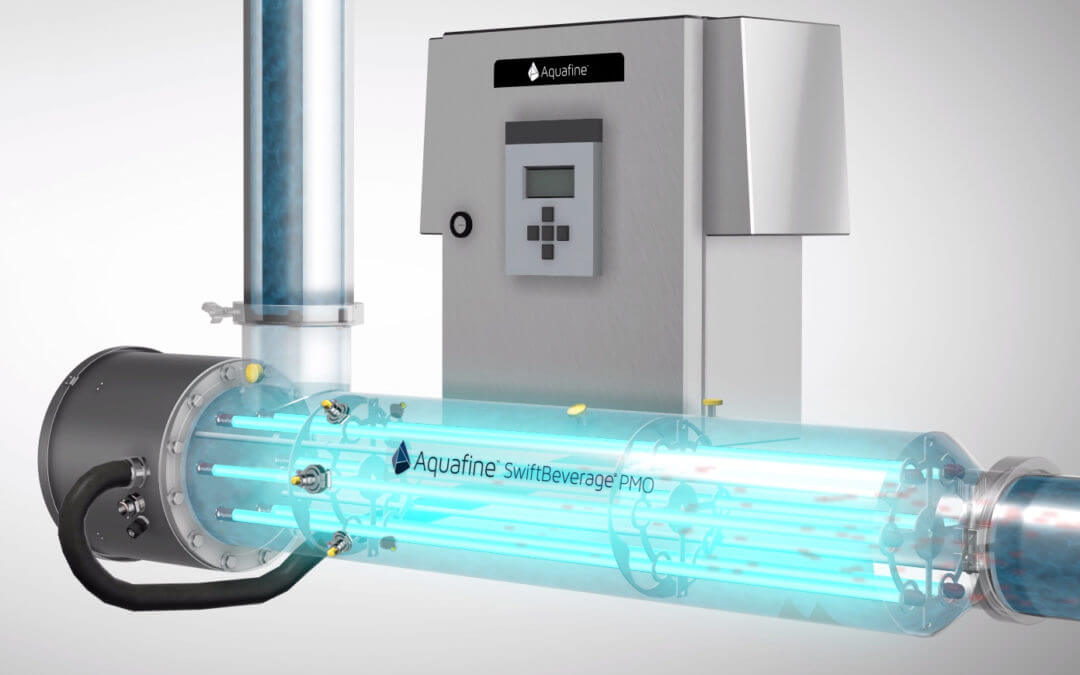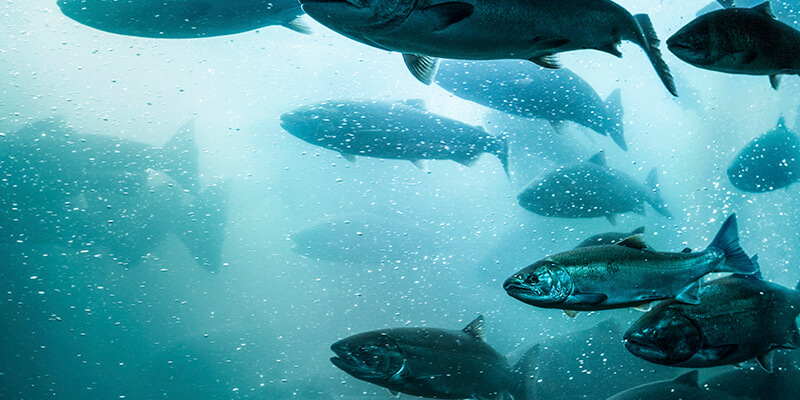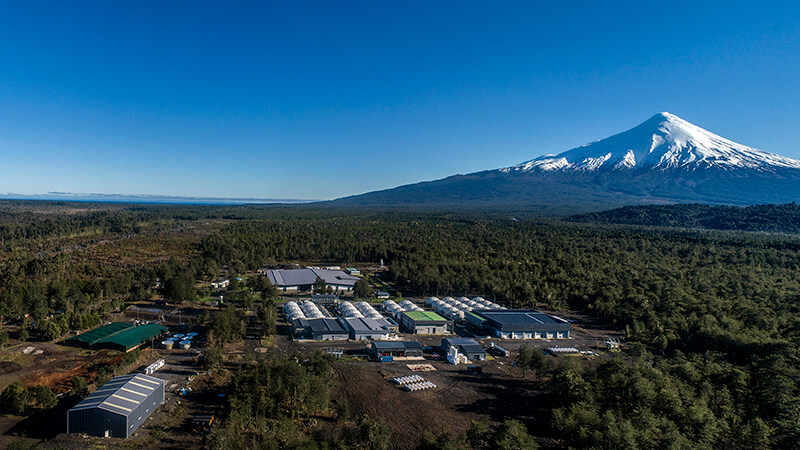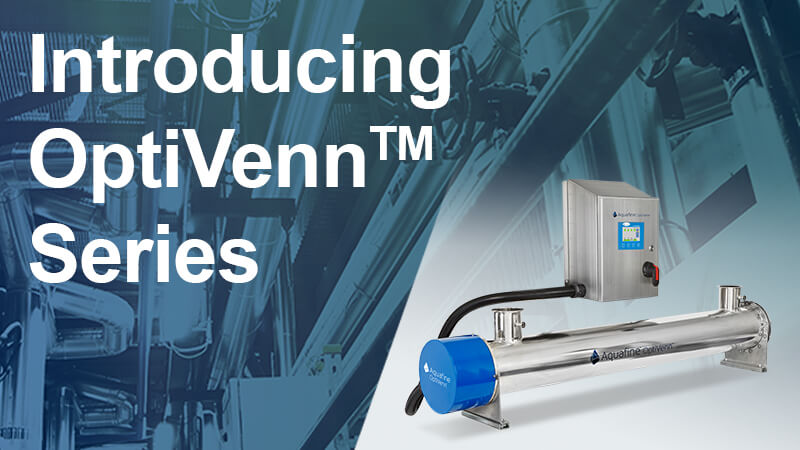This solids intensification technology enables more than quadrupling anaerobic treatment capacity within existing infrastructure.


This solids intensification technology enables more than quadrupling anaerobic treatment capacity within existing infrastructure.

Learn about the European Framework Regulation (EC) 1935/2004, its importance in the food and beverage industry, and how it ensures the safety and quality of food contact materials.

Microelectronics water treatment: Challenges and sustainable solutions.

Food and Beverage manufacturers are striving to meet more stringent quality standards. By treating liquid sugar (often referred to as sugar syrups) with ultra-violet light, producers can achieve their treatment goals without the risk of discoloring or changing the...

Recent advancements are making it more appealing for the dairy industry to replace heat pasteurization with UV treatment for their needs.

Our latest article about aquaculture water treatment explains how industry professionals can use UV to aid in hatcheries and other applications.

The PMO specifies that water for use in contact with milk in Grade-A plants must be pasteurized. Since 2011, Ultraviolet treatment has been approved to replace thermal pasteurization for this water, as long as certain criteria are met.

A volcano destroyed UV equipment at Camanchaca, the largest recirculation fish farm in Chile, many systems needed to be repaired.

The OptiVenn Series is a suite of flexible UV systems, designed to meet the stringent requirements of pharmaceutical, food & beverage, microelectronics and other industrial markets. In order to help avoid costly production downtime, the OptiVenn was designed to be...

Located on the Klamath River in Hornbrook, California, Iron Gate Hatchery is a salmon and steelhead hatchery that releases fish back to the Klamath River. Due to the presence of the fungus Saprolegnia sp and primarily bacteria (Flavobacterium psychrophila and Metallogenium sp), hatchery yield is thwarted due to disease. Poor water quality supports an environment favoring these fish pathogens and as a result, hatchery managers must produce 10,000,000 eggs to release 6,000,000 fish annually.
Trojan se enorgullece de formar parte del proyecto de purificación de agua AIGUANEIX del Consorci d'Aigües Costa Brava Girona Trojan Technologies se complace en compartir que formamos parte del proyecto piloto de reutilización de agua AIGUANEIX de la Diputació de...
Trojan is proudly part of the Consorci d'Aigües Costa Brava Girona’s AIGUANEIX water purification project Trojan Technologies is excited to share that we’re part of Diputació de Girona and Consorci d'Aigües Costa Brava Girona’s AIGUANEIX water reuse pilot project at...
On March 3, 2025, Trojan Technologies celebrated the grand opening of its first U.S. distribution center in Grand Rapids, Michigan. This strategic expansion underscores the company's dedication to enhancing customer experience and optimizing the delivery of its...